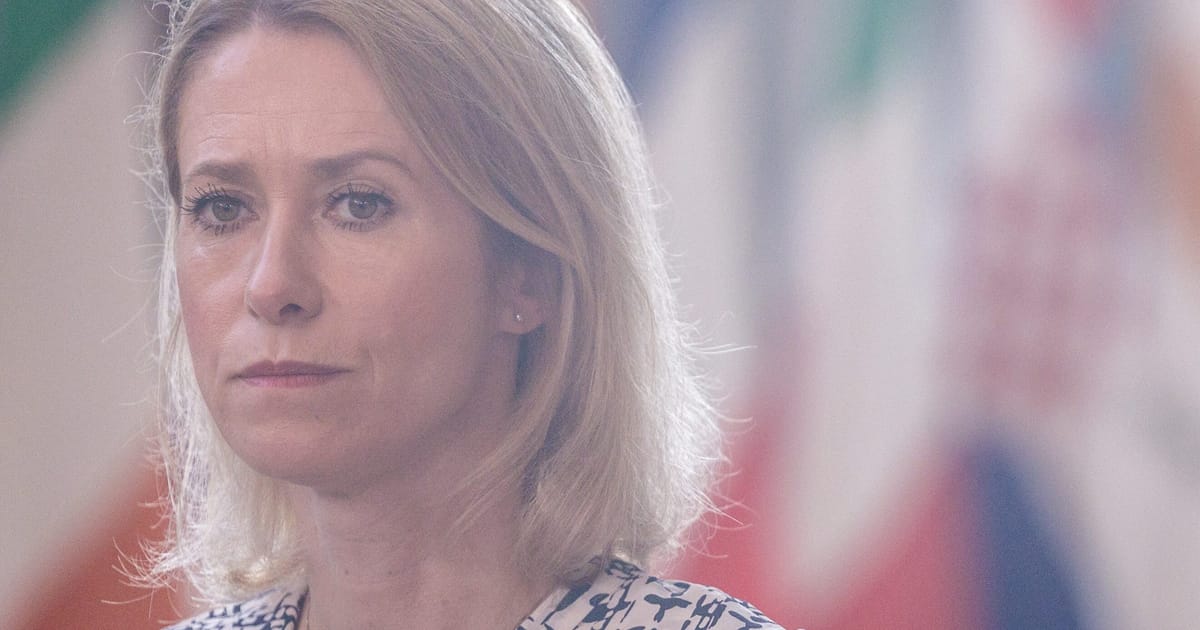

In a world striving for peace and understanding, recent events in global affairs bring both opportunities and challenges for reconciliation and humanitarian aid. Each distinct event reveals the complexities and nuances involved in addressing historical grievances and managing current conflicts.
In the realm of international diplomacy, the European Union’s top diplomat has expressed a strong call for improved aid delivery systems in Gaza. As part of a broader agreement with Israel, EU member states have requested assurances that humanitarian aid terms are upheld, seeking to alleviate the hardships faced by the local population. The necessity for effective aid distribution resonates with the EU’s commitment to ensuring stability and support in conflict-affected regions.
Meanwhile, in a significant historical gesture, France has indicated its willingness to engage in dialogue concerning reparations linked to colonial era actions in Niger. Although the French government has yet to officially acknowledge responsibility, this openness marks a potential step forward in addressing the traumas stemming from colonial exploitation. France’s readiness to discuss restitution, coupled with efforts for collaborative heritage research, highlights a mindful approach to rectifying the past’s injustices.
In Syria, a ceasefire has been announced following deadly clashes between Druze and Bedouin fighters in the southern region of Sweida. The Syrian government’s arrangement, facilitated by agreements with local leaders, emphasizes responding only to immediate threats. This development underscores ongoing efforts to stabilize the region while addressing factional disputes that have impacted local communities.
Conflict dynamics also play out in the Israeli government, where a proposed “humanitarian city” for Palestinians in Gaza has sparked debate. This initiative aims to provide shelter amidst ceasefire talks with Hamas, though it faces opposition from military officials concerned about long-term implications. The nuanced debate reflects the complexities in balancing immediate humanitarian needs with strategic considerations in conflict resolution.
On a broader international tension, questions persist regarding potential resolutions to the Ukraine conflict, as diplomatic dynamics between the United States and Russia influence possible negotiation scenarios. Amid these geopolitical strategies, the pursuit of dialogue continues to be a hopeful path for those affected by ongoing hostilities.
These developments collectively reflect the multifaceted efforts required to address both contemporary conflicts and historical legacies. Each situation presents unique challenges but also opportunities for healing and progress, as nations and international bodies work towards solutions that respect humanitarian values and historical truths.
Source: {link}
